Open Fracture Course Launched Across Two Sites in Northern Tanzania
The first course of its kind in the East African region. Supported by SURGfund.
Participants and course instructors at the second iteration of the ‘Basics in Trauma’ course at Shirati KMT Hospital, Tanzania.
Shirati, Tanzania - In Tanzania, an estimated 4 million injuries occurred in 2019, yet over 90% of the northern Tanzanian population does not have access to orthopaedic surgical services. This surgical gap is often filled by traditional bonesetters due to their cultural acceptability, increased affordability, and geographical convenience. However, the distrust and competition between traditional bonesetters and orthopedic surgeons can also act as a barrier to timely, appropriate, and safe fracture care.
The Building Bridges for Broken Bones project aims to improve outcomes for fracture patients by building effective collaboration between traditional bonesetters and local hospital staff through a unique and innovative collaborative treatment model. The project is supported through the Global Surgery Foundation’s (GSF) SURGfund, the world’s first and only catalytic fund for surgical care systems.
“The surgical gap in rural Tanzania is often filled by traditional bonesetters”
The ‘Basics in Open Fractures’ course was designed carefully to facilitate collaboration and build mutual trust between traditional bonesetters and hospital professionals. In November 2024, the second iteration of the course was launched across two sites in Tanzania: Shirati KMT Hospital and Sengerema Designated District Hospital. A total of 60 participants joined the course in person, which included interactive sessions on the basics of fracture healing, X-ray interpretation and conservative management. The course was designed and implemented in collaboration with Shirati KMT Hospital, Shirati Foundation, Global Surgery Amsterdam and the AO Alliance.
“The distrust and competition between traditional bonesetters and orthopaedic surgeons can also act as a barrier to appropriate care”
As a follow up to the first iteration of the course at Shirati KMT Hospital last year, a refresher course was hosted on 4-5th of November 2024, led by Dr. George Njambilo (Head of the Orthopaedics department at Muhimbili Orthopedic Institute). The aim was to understand if knowledge was retained and to provide more targeted training based on feedback from returning participants. Of the participants who attended the first iteration of the course, 78% returned. The 1-year post-course knowledge test showed encouraging results: attendees scored 89% on average for knowledge retention. The refresher course also introduced new elements for the first time, such as simulations focused on pre-referral management and introduction of fracture-specific referral forms. These were included to help participants refer patients more effectively, and to better monitor the impact of the training.
Participants and course instructors with their certificates of completion at the first iteration of the course at Sengerema Designated District Hospital.
The second iteration of the course was launched at Shirati KMT Hospital on 6-8th November 2024, co-led by Dr. Inyas Akaro (Head of Orthopaedics in Bugando Medical Centre) and Dr. Baraka Mkinze (Orthopaedic surgeon at BMC). Over 20 participants attended this course, including three traditional bonesetters and 18 healthcare workers from local facilities. Similarly to the refresher, the course also focused on pre-referral management, such as ABCDE triage and initial management of open fractures to further build capacity. The first iteration of the course in Sengerema Designated District Hospital was launched on 11-13th of November 2024. Using the same format as at Shirati KMT Hospital, a total of 3 traditional bonesetters and 22 healthcare workers participated, including in interactive sessions, as well as in a casting and external fixation workshop. The goal was to foster better understanding of the procedures, indications, risks and aftercare to improve patient outcomes.
“ The 1-year post-course knowledge test showed encouraging results”
The “Basics in Open Fracture” course is the first of its kind in the East African region that is inclusive of traditional bonesetters and stands as an example of innovative collaboration models. The GSF is committed to continue improving outcomes for fracture patients by strengthening the healthcare workforce, in those areas where access to orthopaedic care is severely lacking.


